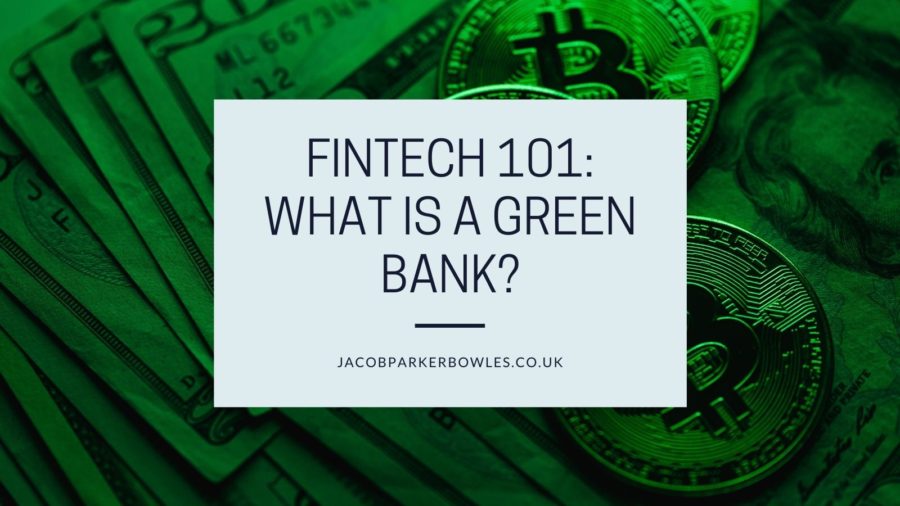The financial technology (fintech) industry has experienced rapid growth in recent years, revolutionizing traditional financial services and offering innovative solutions to consumers and businesses alike. However, with innovation comes the need for regulation to ensure consumer protection, financial stability, and market integrity. In this blog post, we’ll explore the evolving regulatory landscape of fintech and discuss how companies can navigate the legal complexities while driving innovation.
The Importance of Fintech Regulation
Fintech regulation aims to balance innovation with consumer protection and financial stability. As fintech companies leverage technologies such as artificial intelligence, blockchain, and data analytics to offer new financial products and services, regulators must adapt to keep pace with these developments and ensure that they meet the needs of consumers while mitigating potential risks.
Regulation provides a framework for fintech companies to operate within, promoting transparency, accountability, and trust in the financial system. It also helps protect consumers from fraud, abuse, and unfair practices, ensuring that they have access to safe and reliable financial products and services.
Key Regulatory Challenges
Navigating the regulatory landscape can be challenging for fintech companies, particularly startups and innovative firms. One of the main challenges is the lack of uniformity and consistency in regulations across different jurisdictions. Fintech companies often operate on a global scale, which means they must comply with multiple regulatory frameworks, each with its own requirements and standards.
Another challenge is the pace of technological innovation, which often outpaces the development of regulatory frameworks. Regulators must strike a delicate balance between fostering innovation and protecting consumers, which can be challenging in fast-moving industries such as fintech.
Regulatory Considerations for Fintech Companies
Fintech companies must take a proactive approach to regulatory compliance to navigate the legal landscape effectively. Here are some key considerations:
- Stay Informed: Fintech companies must stay abreast of regulatory developments and changes in the legal landscape that may impact their operations. This includes monitoring regulatory announcements, industry publications, and legal updates from relevant authorities.
- Engage with Regulators: Building positive relationships with regulators can help fintech companies navigate the regulatory landscape more effectively. Engaging with regulators early and transparently can help companies understand regulatory expectations, address concerns, and build trust with regulatory authorities.
- Compliance by Design: Fintech companies should adopt a “compliance by design” approach, integrating regulatory compliance into their products and services from the outset. This includes conducting thorough risk assessments, implementing robust compliance policies and procedures, and embedding compliance controls into their technology systems and processes.
- Partner with Compliance Experts: Fintech companies can benefit from partnering with compliance experts, such as legal advisors and regulatory consultants, who can provide guidance and support on navigating the regulatory landscape. These experts can help companies understand their regulatory obligations, assess compliance risks, and develop strategies for achieving compliance.
Conclusion
Fintech regulation plays a crucial role in shaping the future of financial services and ensuring that innovation occurs in a safe and responsible manner. Fintech companies must navigate the legal landscape effectively, balancing innovation with regulatory compliance to drive growth and success. By staying informed, engaging with regulators, adopting a compliance by design approach, and partnering with compliance experts, fintech companies can navigate the regulatory landscape with confidence and drive innovation in the financial industry.










